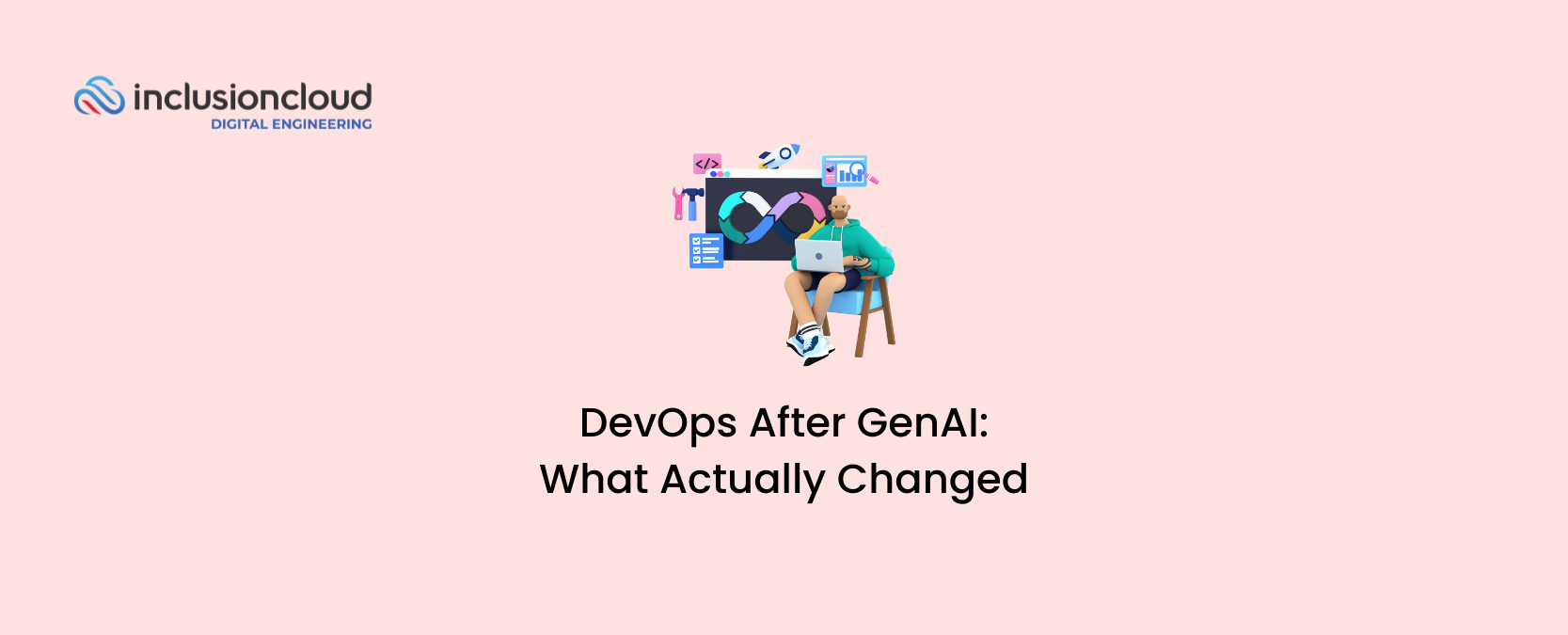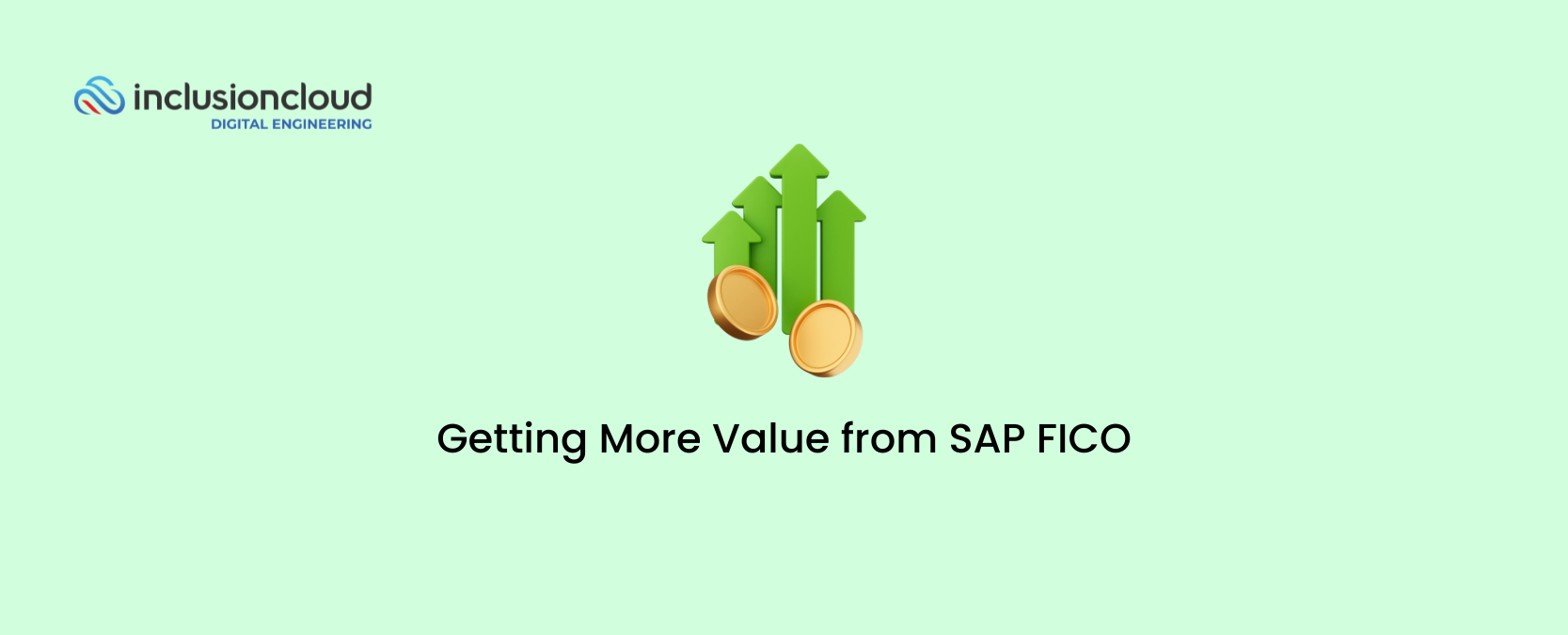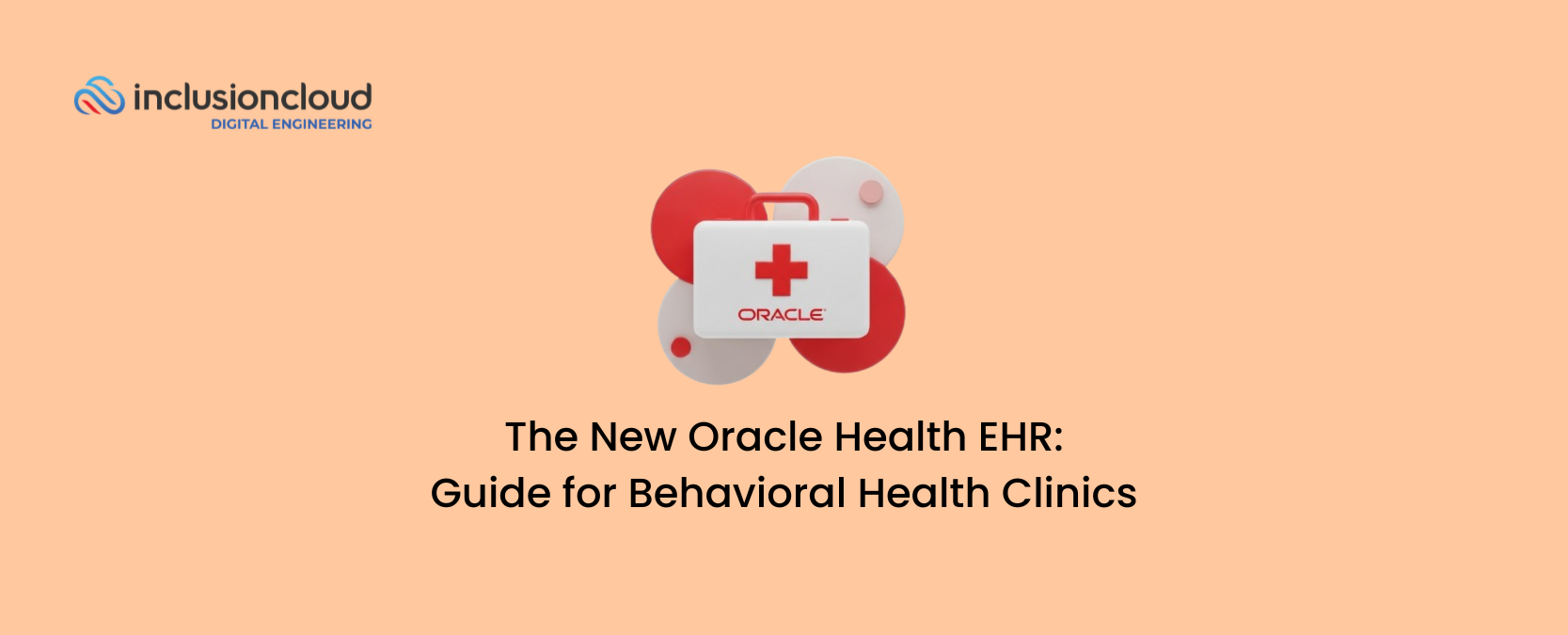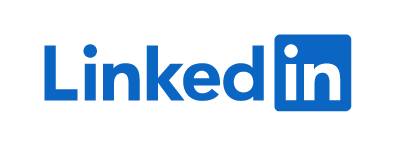The blockchain-related job market is one of the most thriving in recent years. As this Linkedin report shows, the demand for blockchain developers and similar profiles has grown by 395% – around four times the average of the general IT industry. Seen from this perspective, learning blockchain development is a world full of opportunities.
However, some suspicions have been growing since this year’s cryptocurrencies’ comedown – also known as “crypto winter” – around the future of these technologies and markets. In this sense, there is a key element we must always take into account when talking about this topic:
Blockchain isn’t a synonym for cryptocurrencies.
Although they’ve been its first massive and most famous use, there are many more features that make blockchain an essential technology for several industries and developments in the near future.
That being said, we must understand blockchain’s particularities in order to figure out its opportunities for different talents.
Blockchain particularities and challenges
Blockchain is a technology specially designed for building decentralized information platforms. Many articles discuss this definition in-depth, but it isn’t what concerns us now. Instead, our point is to basically show how farther this technology’s possibilities go, apart from cryptocurrencies.
In a nutshell, a blockchain is a distributed database or ledger, shared by different computer network nodes. It serves as an electronic net for storing data in a digital form. Due to its design, a blockchain platform has a series of five features that makes it attractive for several industries:
- Because it is an immutable public digital ledger, a transaction cannot be changed after it has been recorded.
- Blockchain is constantly secure because of its encryption feature.
- Because the ledger is automatically updated, transactions are completed quickly and transparently.
- Since the system is decentralized, no intermediate cost is necessary.
- Participants confirm and verify the transaction’s legitimacy.
As you may see, a platform with this characteristic is useful for many things other than crypto:
- Safe medical data sharing
- Cross-border transactions
- security of individual identity
- Monitoring the supply chain and logistics
- Voting procedure
Among many others. Mainly, blockchain is a system in which different users are able to control transactions and contracts. Information cannot be unilaterally deleted or modified, and data updates depend on consensus.
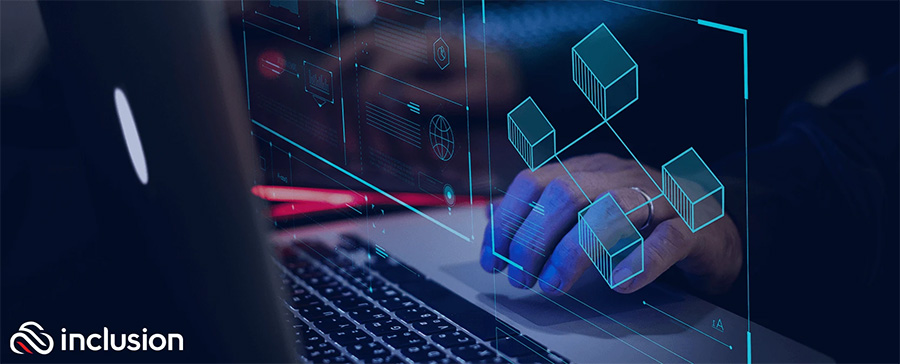
Job market for Blockchain developers
This set of security, simplicity, and transparency turns blockchain into a desirable way of building systems for many industries. From banks and financial businesses to healthcare and governments, databases that include more than one managing organization can become trustable on this ground.
Unlike what most people think, blockchains aren’t necessarily open: businesses can create their own private platforms to share with other companies.
Although all its advantages, blockchain has also a considerable obstacle for industries in its development price (we’ll analyze why below). Therefore, as one of our blockchain teams stated recently, there are five basic checkpoints that can help you measure whether developing a blockchain platform is worth it. In many cases, the answer is yes.
As you may see now, the blockchain job market isn’t tied to crypto ups and downs; it is just another of its many applications. Demand for blockchain talents will keep growing in the next years, and it will probably be higher than other technologies. So, what’s needed to be a part of this trend?
Blockchain developers’ most important skills
These kinds of platforms are very complex, and as they are relatively new, they still need a lot of development and research. Therefore, blockchain developers usually need a wide range of engineering skills in order to participate in a project.
In general, blockchain developers should think out of the box and be ready to solve new problems in an original manner. Most of all, a general full-stack developer background is desirable, as many different programming languages are needed, being the most common:
- Solidity
- Java
- Python
- C++
- Ruby
- Go
There are mainly two kinds of developers in this area: core developers and software developers. The first position is more related to the foundations, creating the platform, and focusing on security and architecture. Blockchain developers are those who create the apps that will be located on that platform.
If you are a developer and are looking for an environment full of challenges and opportunities, blockchain is a great choice for you. And if you’re ready for work, check our open positions here!


